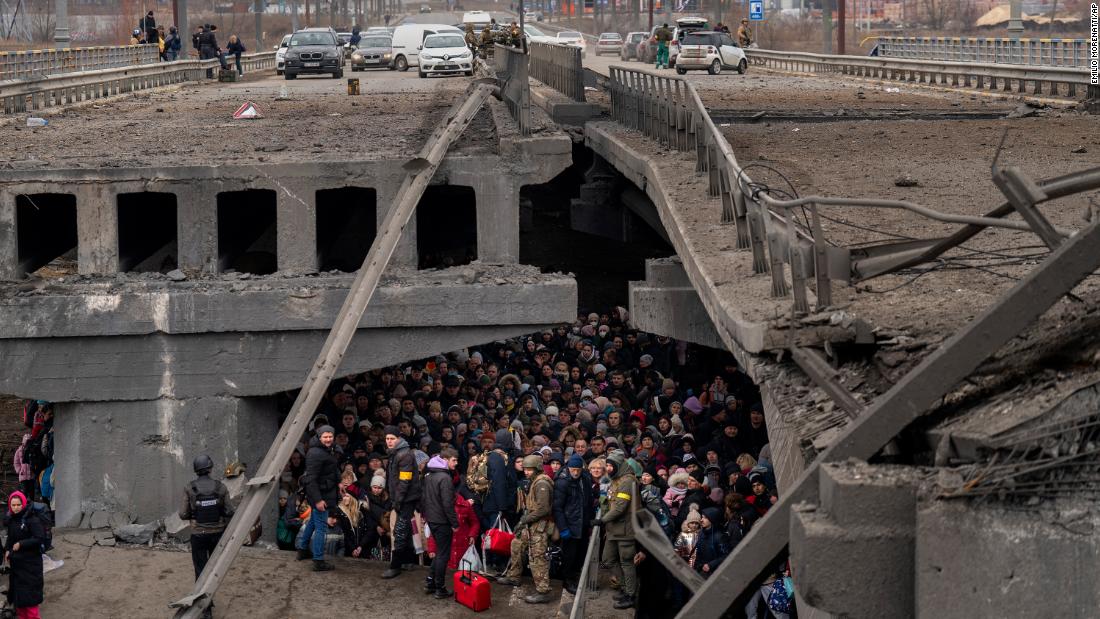Why Victims of Official Misconduct Lose, Even When They Win in Court
Sylvia Gonzalez, a city council member in Castle Hills, Texas was arrested during a dispute with local authorities who objected to her criticism of their policies. But when she sued them for violating her free speech rights, she discovered they were protected by a legal doctrine called “qualified immunity.”

After Sylvia Gonzalez won a seat on the City Council in Castle Hills, Texas—the first Hispanic woman to do so—she found herself in a dispute with local authorities that ended with a day in jail.
“Little did I know that soon after (my election) crooked politicians and their friends would use the power of the government to violate my constitutional rights by removing me from office, and even throwing me in jail, because city officials didn’t like being criticized for doing bad work,” she recounted in an op ed for USA TODAY last year.
The ordeal started when a petition against the city manager was found in her personal binder.
The mayor, police chief and at least one detective used what was an honest mistake as a pretext to retaliate against Gonzalez. They arranged to have Gonzalez, a retiree who was 72 at the time, arrested for mishandling public records.
The charges were dropped, but Gonzalez had to spend a day in jail, sitting on a metal bench in handcuffs, avoiding the restroom, which had no doors or toilet paper holders.
Gonzalez claimed her arrest was just one part of an harassment campaign that lasted for weeks.

Marie Miller
Rather than accept the misconduct, Gonzalez sued the city authorities in 2020 for unconstitutionally punishing her speech.
Our public interest law firm, the Institute for Justice, represents her in that lawsuit.
Nearly two years into the case, the evidence-gathering phase of discovery has not yet started.
And the wait likely will continue.
A Legal Shield
The principal reason why justice is moving so slowly in Gonzalez’ case is a judge-created legal doctrine called “qualified immunity.”
Under the doctrine, government employees who are sued for constitutional violations can avoid liability for damages if they can claim they were acting lawfully in pursuing their official duties.
The doctrine, created by a 1982 Supreme Court ruling meant to protect government employees from frivolous lawsuits, is frequently used by police and other law enforcement officials to head off lawsuits over excessive use of force or misconduct.
Supreme Court Justice Sonia Sotomayor has described it as “an absolute shield” against accountability .
Individuals pursuing such suits sometimes face a decade or more of legal wrangling. Many cases are essentially dead on arrival.
Overcoming qualified immunity is not dependent on arguing for fairness or faithfulness to the Bill of Rights. Instead, victims of government abuse must prove that the public employees who violated their rights did something “clearly established” as unconstitutional.
That means the police and other government workers generally get a free pass unless their accuser can point to a prior case in the same jurisdiction involving the same fact pattern.
Even when citizens prevail, qualified immunity extends their time in court, preventing timely remedies for civil rights violations. Having indisputable facts does not always help.
No one denies that a Colorado Department of Corrections officer forced Denver inmate Tajuddin Ashaheed to shave his beard in July 2016, a violation of his religious liberty as a Muslim.

Daryl James
Yet Ashaheed needed five years to beat qualified immunity.
Gonzalez won the first round in her case quickly.
Less than six months after she sued Castle Hills officials, a federal judge rejected their qualified immunity defense, which sought to end the case before it matured from a complaint. The officials responded with an immediate appeal that is still ongoing.
Even if Gonzalez wins the appeal, her case will not have progressed beyond an initial stage when it returns to the trial court.
Such delays are common. Protesters in Las Vegas needed two trips to the 9th U.S. Circuit Court of Appeals to overcome qualified immunity. Nine years after their arrest for writing sidewalk chalk messages outside a courthouse and police station, they finally can proceed to the merits of their case.
More Legal Hurdles
Some civil rights victims overcome qualified immunity only to face additional hurdles they must clear before proving their claims.
Institute for Justice client James King, an innocent college student who was beaten and choked unconscious by undercover officers in Michigan, defeated a qualified immunity defense in 2019 only to encounter additional layers of protection for his attackers.
He is still waiting—eight years after the incident—for a trial that might never happen.
To help people navigate the immunity maze, the Institute for Justice developed an interactive tool, which is part of a Constitutional GPA study.
Working for nearly two years, a team of lawyers combed through thousands of cases to find decisions identifying “clearly established” unconstitutional conduct.
The database is filled with examples of slow justice. California mother Deanna Fogarty-Hardwick lost custody of her children, ages 6 and 9, in 2000 after rogue social workers unconstitutionally “lied, falsified evidence, and suppressed exculpatory evidence” against her.
The case ended favorably for her after a jury trial, but not until she had fought in court for nearly a decade.
Holding government employees accountable should not be so difficult.
Yet, so long as the U.S. Supreme Court clings to the qualified immunity doctrine it invented in 1982, Gonzalez and other civil rights victims will lack access to prompt remedies.
As the legal maxim says: justice delayed is justice denied.
Marie Miller is an attorney and Daryl James is a writer at the Institute for Justice in Arlington, Virginia.

 Landwebs
Landwebs 





















